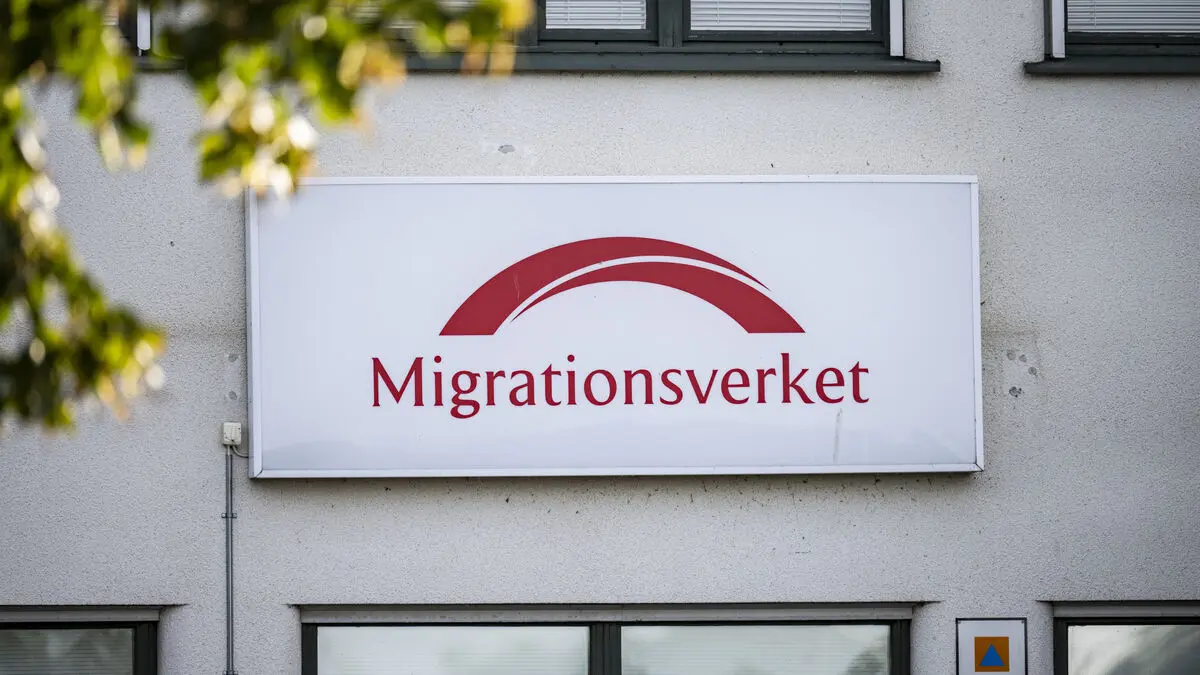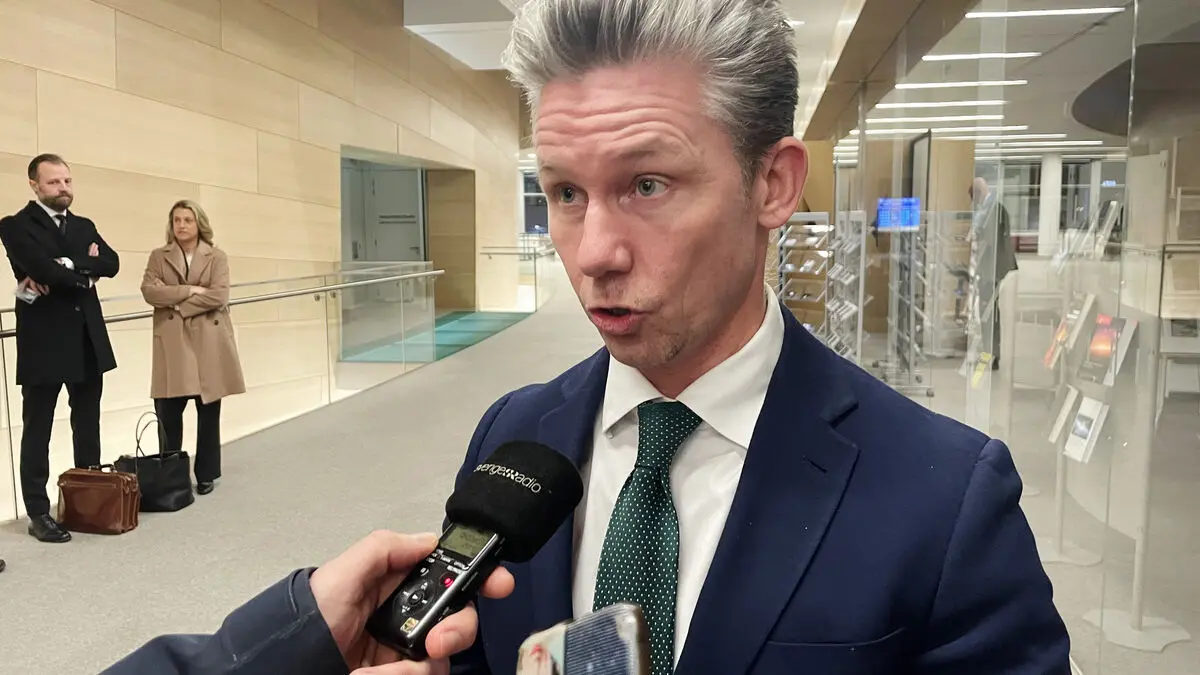"Culture on starvation diet" is the title of a report that the trade union DIK has produced following a survey of its members at, among other things, museums, art galleries, cultural centers, and castles. 44% of those asked responded, a total of 774 people.
What is most often neglected is the maintenance of collections and contributing to research and knowledge development – activities that are in themselves statutory, emphasizes DIK. This part of the job is also the hardest to finance through donations.
Many years of underfunding and galloping political disinterest are threatening to break down the very core of what should constitute our statutory right to cultural welfare, says Anna Troberg in response to the survey results.
31% have experienced threatening discussions linked to exhibitions over the past two years, and 68% social anxiety – something Anna Troberg sees as "untenable".
The political pressures have, however, decreased somewhat, but the question is why. Six percent respond that the operation has adapted, and 36% that it has partially done so.
Today, "everything from racism, LGBTQ, equality, climate, and democracy is seen as controversial", says Anna Troberg. At the same time, poor economy means that exhibitors choose to avoid operations that require extra security investments, she emphasizes.
It is unreasonable that we, in an open and democratic society, should have to capitulate to forces that want to lower the ceiling in the public debate.






